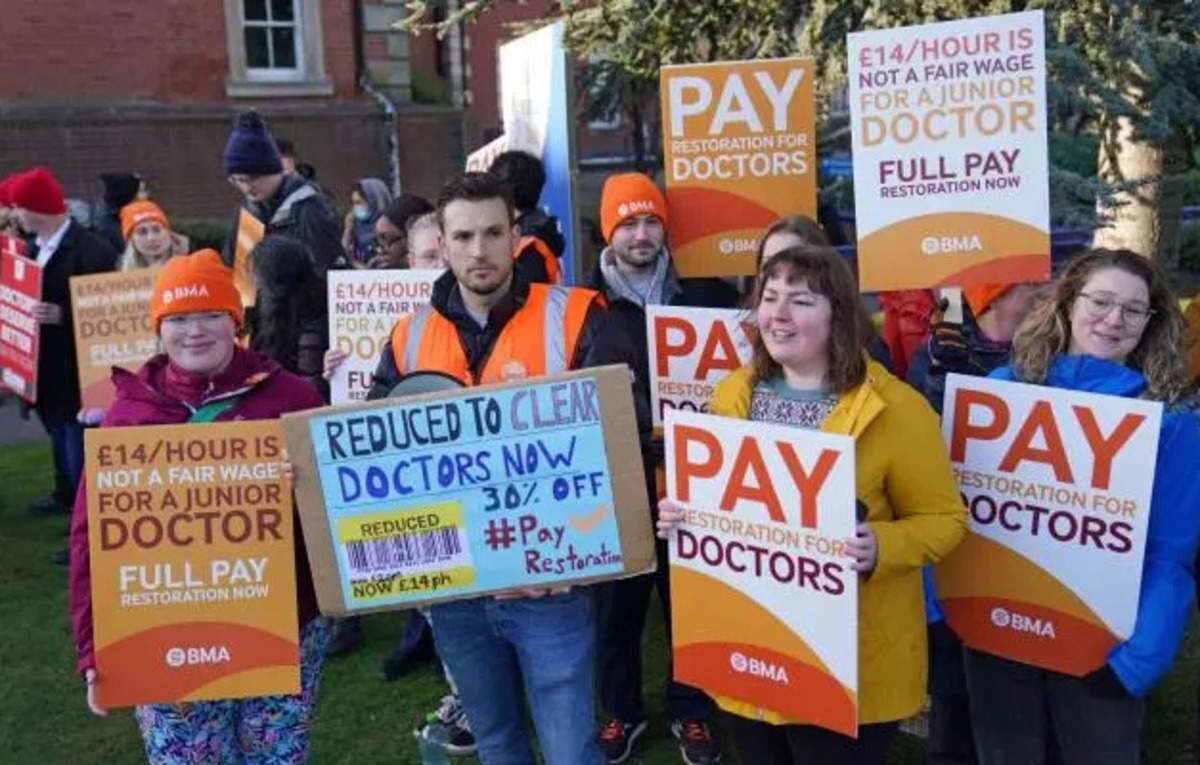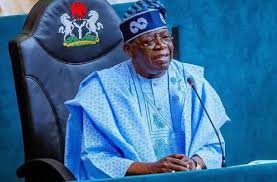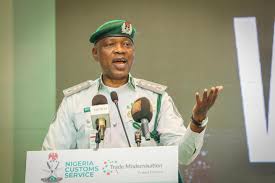News | Events | Digital PR | Advertising
Hospital doctors in England have commenced their longest consecutive strike in the 70-year history of Britain’s National Health Service.
Junior doctors below the consultant level are striking for six days in a major escalation of their long-running pay dispute with the United Kingdom government.
The industrial action comes at one of the busiest times of the year for the state-funded NHS, when it faces increased pressure from winter respiratory illnesses.
The NHS said the latest walkout, which could see up to half the medical workforce on picket lines, would have “a significant impact on almost all routine care.”
This week, some services will be affected due to strike action.
Please continue to come forward for NHS care. If you need urgent medical help, use 111, and if it is a serious or life-threatening emergency, please call 999. pic.twitter.com/yW1wsON28Y
— NHS (@NHSuk) January 3, 2024
Over the next six days, strike action by junior doctors will affect some key NHS services.@NHSEnglandNMD Professor Sir Stephen Powis explains how to access the NHS care you need. If you need medical help, use 111, or for a serious or life-threatening emergency, please call 999. pic.twitter.com/XJedQLotgF
— NHS England (@NHSEngland) January 3, 2024
The British Medical Association announced the walkout in December after a breakdown in talks with the government. The union said junior doctors have been offered a 3 per cent rise on top of the average 8.8 per cent increase earlier this year.
It rejected the offer because the cash would be split unevenly across different doctor grades and “still amount to pay cuts for many doctors.”
UK Junior doctors have now gone on strike at least seven times since March.
Explore more
Tiwa Savage Marks Triumphant Return with New Album “This One Is Personal” After Five-Year Hiatus
After a long wait, Nigerian music superstar and queen of Afrobeats, Tiwa...
Scientists Research Nigeria’s Okra, Maize, Four Other Crops During NASA’s Space Mission
International astronauts will research six indigenous Nigerian crops and seeds during the...
Tinubu appoints Omotenioye Majekodunmi as Director-General of National Council on Climate Change
President Bola Ahmed Tinubu has appointed Mrs. Omotenioye Majekodunmi as the new...
Tinubu Extends Tenure Of The Comptroller-General Of Customs By A Year
President Bola Tinubu has approved a one-year extension of the tenure of...













Leave a comment